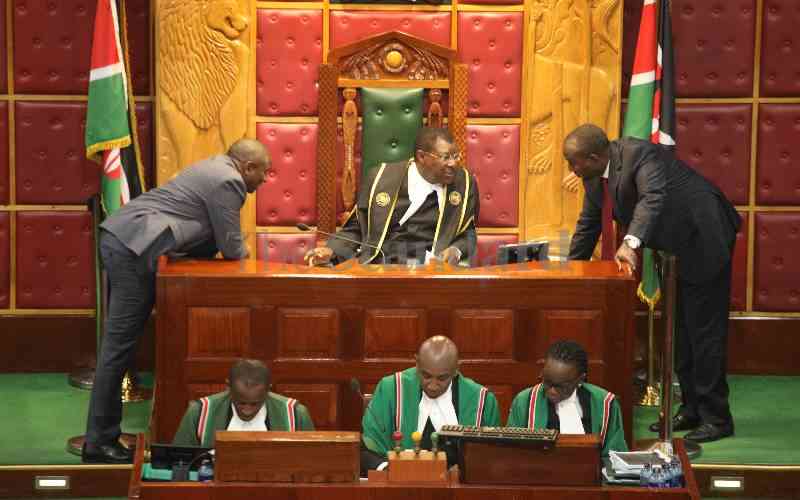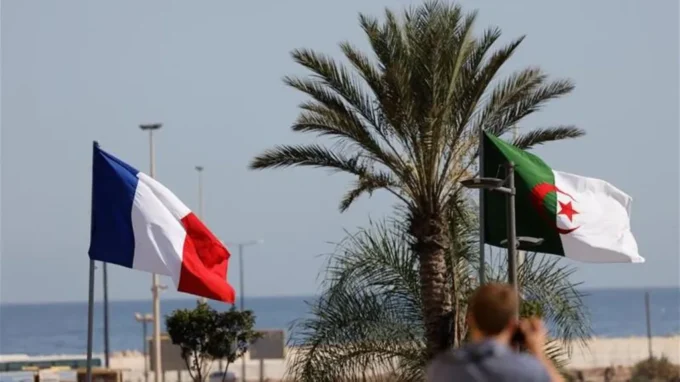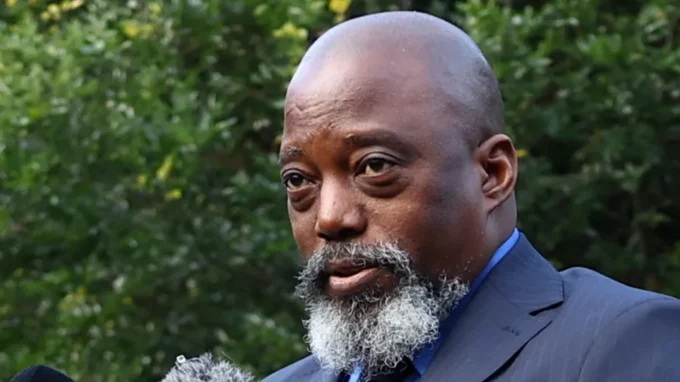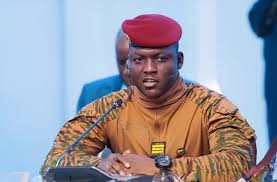The Kenyan National Assembly was embroiled in a heated debate on the potential impeachment of Deputy President Rigathi Gachagua, as lawmakers from across the political spectrum engaged in a rare and contentious session. The motion, driven by Kilifi MP Owen Baya, ignited a fierce exchange, with some MPs strongly advocating for Gachagua’s removal while others, surprisingly including members from the opposition, defended him.
Baya launched a scathing critique of Gachagua, condemning his recent comments that labeled Parliament as “a theatre of the absurd.” He argued that such remarks were unbecoming of the nation’s second-in-command and presented further accusations that the Deputy President had engaged in corruption and misused his influence to interfere with procurement processes. Baya’s most damning claim involved Gachagua’s alleged demand for Sh16 billion in return for the 8 million votes from Mt. Kenya, suggesting a lack of integrity in the Deputy President’s leadership.
Rarieda MP Otiende Amollo bolstered the case against Gachagua, pointing to the Deputy President’s dismissive attitude towards key governance institutions, including Parliament and the courts. Amollo cited Gachagua’s controversial “government as a company” remarks as an example of the Deputy President’s entitlement, concluding that Gachagua was no longer fit to hold office.
The debate also touched on Gachagua’s alleged involvement in the Kenya Medical Supplies Authority (KEMSA) scandal, with claims that his phone calls had interfered with procurement processes. Amollo highlighted the gravity of these accusations, underscoring the need to protect public institutions from undue political interference.
Despite the forceful arguments for impeachment, a number of legislators defended Gachagua, cautioning against using Parliament as a venue for settling personal scores. Kitui Central MP Makau Mulu emphasized the seriousness of impeaching a Deputy President and warned that the House should not be swayed by mob justice or personal grievances. He urged MPs to focus on issues that truly matter to Kenyans, rather than rushing to oust the DP on weak grounds.
MP John Kaguchia took a more reconciliatory tone, advocating for the resolution of tensions between Gachagua and President William Ruto. He called for a mechanism to foster dialogue and reconciliation, noting that Kenya had previously enlisted international figures like Kofi Annan and President Museveni to mediate political disputes. Kaguchia stressed the need for unity between the nation’s top leaders to avoid creating a precedent that could lead to more frequent impeachment motions.
Nyandarua MP Faith Gitau criticized Gachagua for advancing an ethnic agenda, arguing that the Deputy President’s focus on Mt. Kenya voters was divisive and undermined the government’s responsibility to serve all Kenyans. She expressed concern over Gachagua’s failure to present a national image as required by his office.
On the other hand, Tetu MP Geoffrey Wandeto pleaded for leniency, citing Gachagua’s recent public apology to President Ruto. He urged the House to allow the Deputy President the opportunity to reform, suggesting that UDA’s internal dispute resolution mechanisms had not been fully exhausted.
As the debate unfolded, MPs found themselves grappling with the implications of opening the “Pandora’s box” of impeachment. With the stakes high and the nation watching, the National Assembly’s final decision on Gachagua’s fate will undoubtedly have lasting political consequences.














Leave a comment